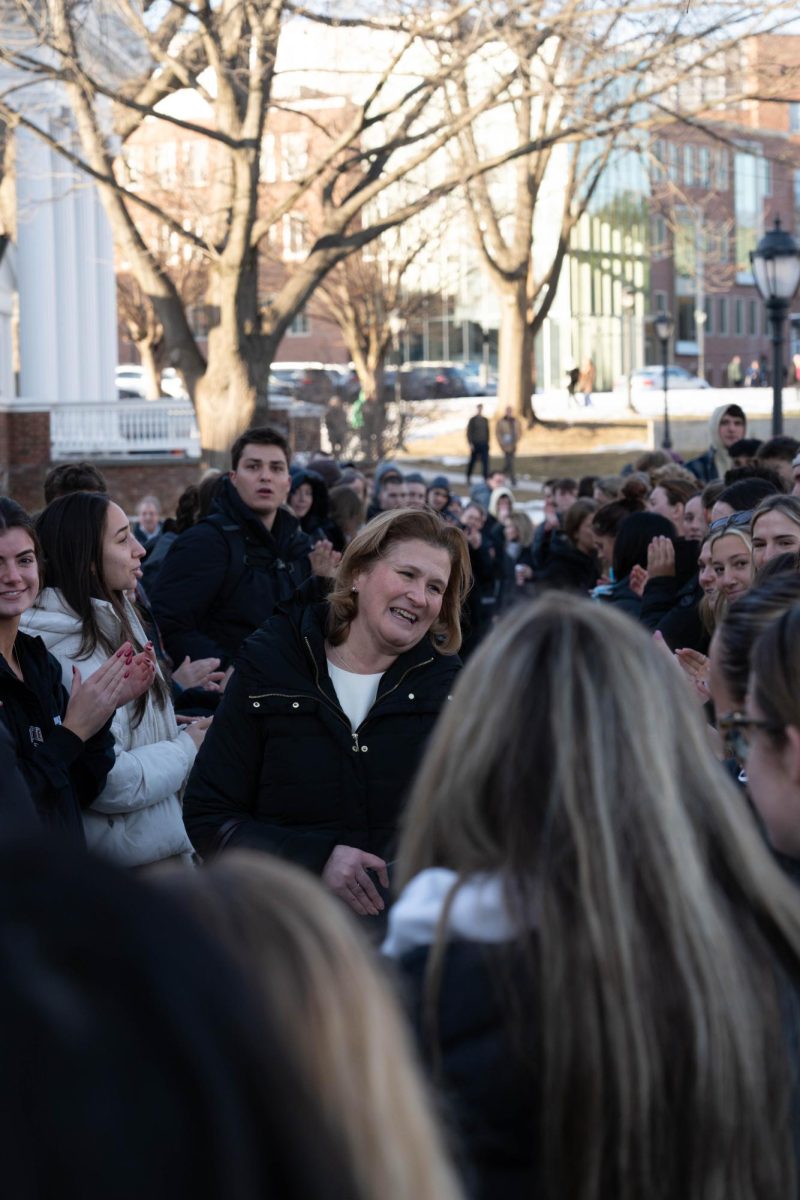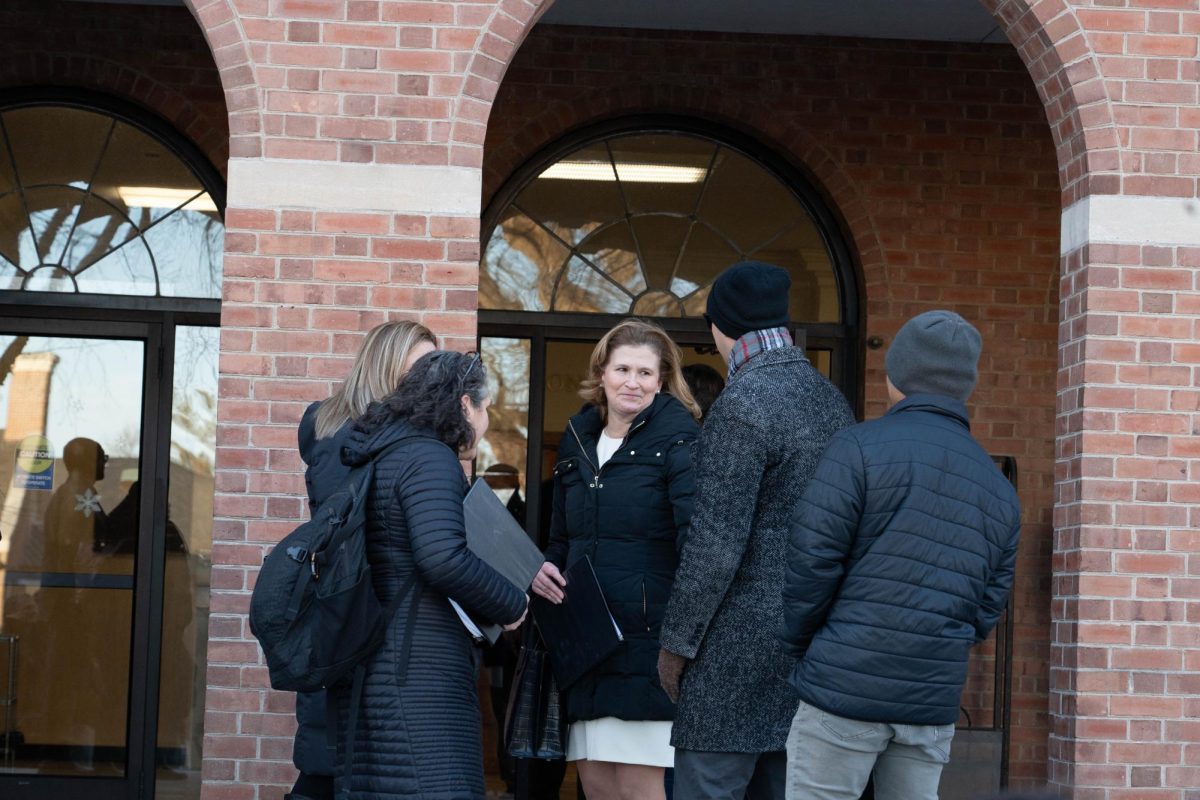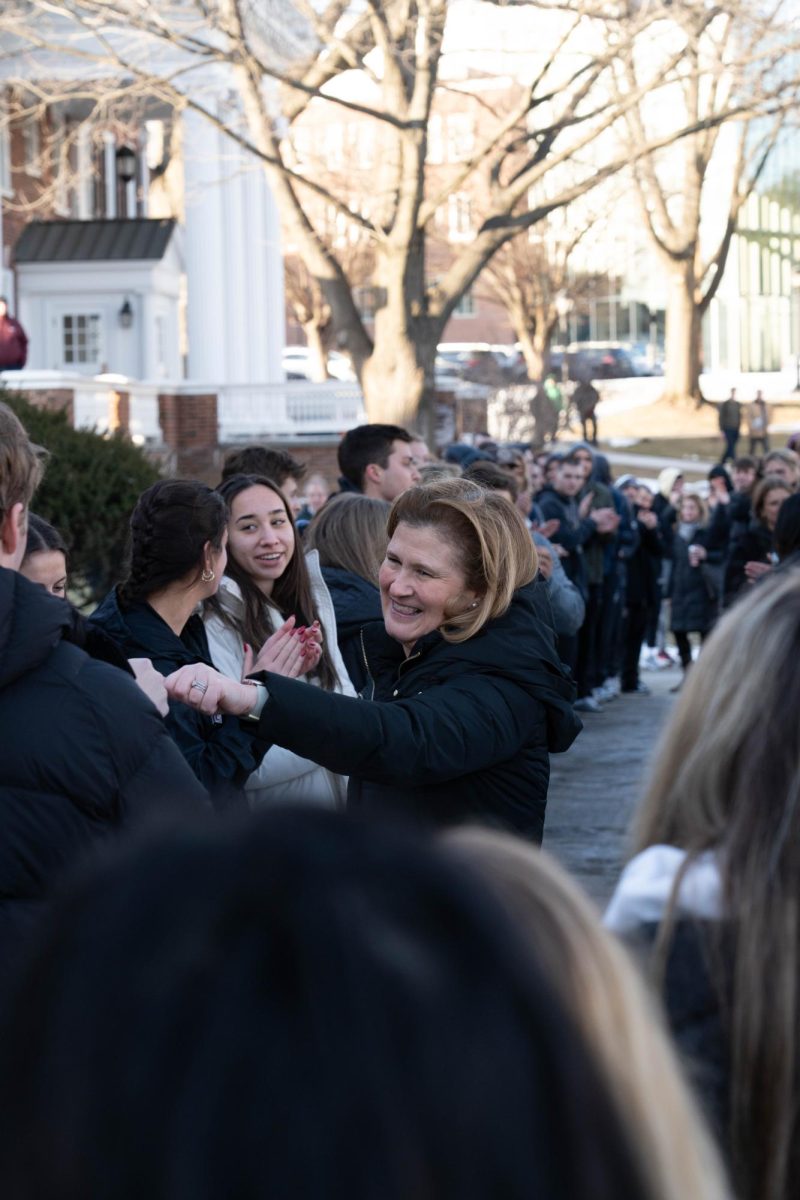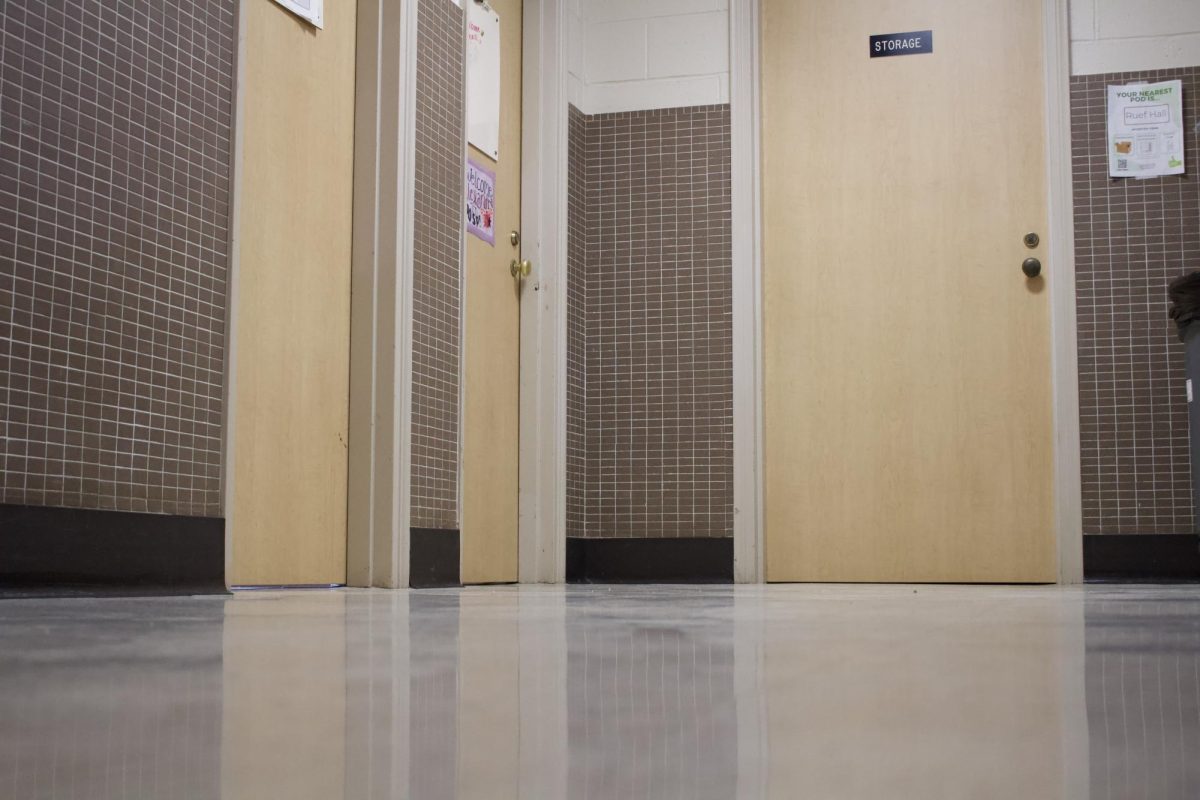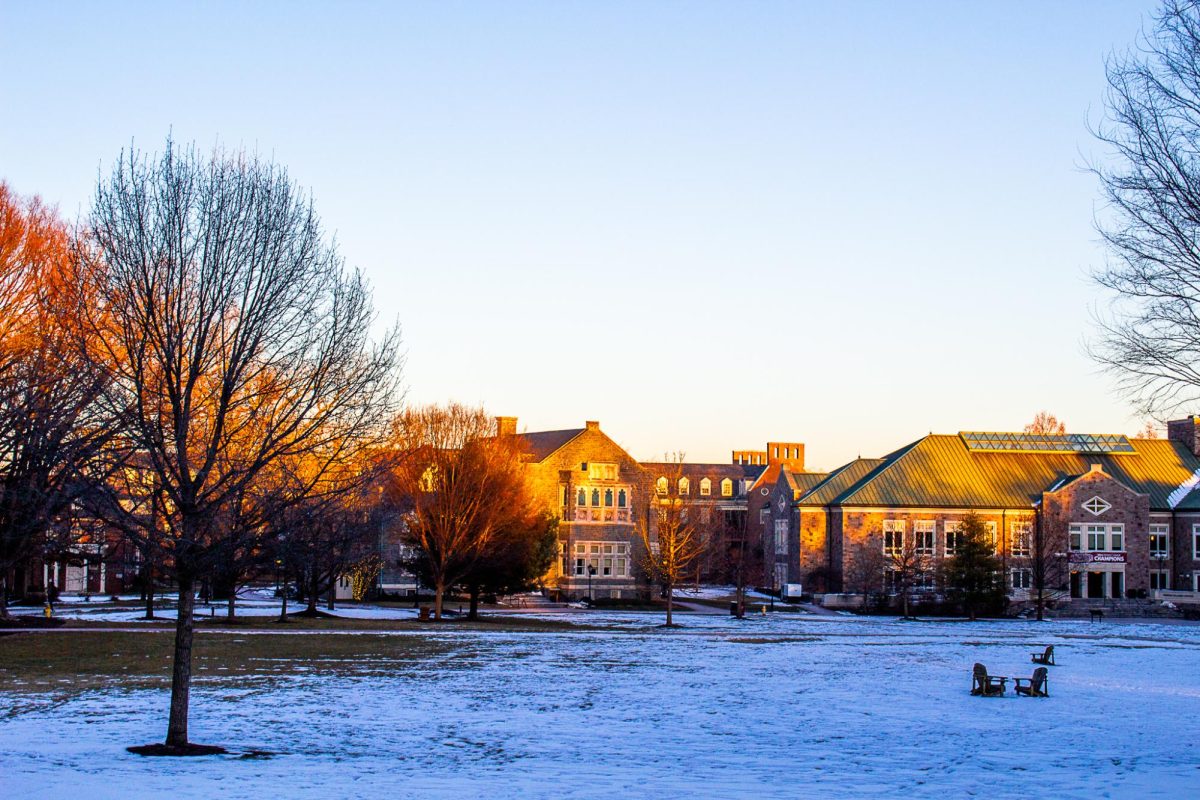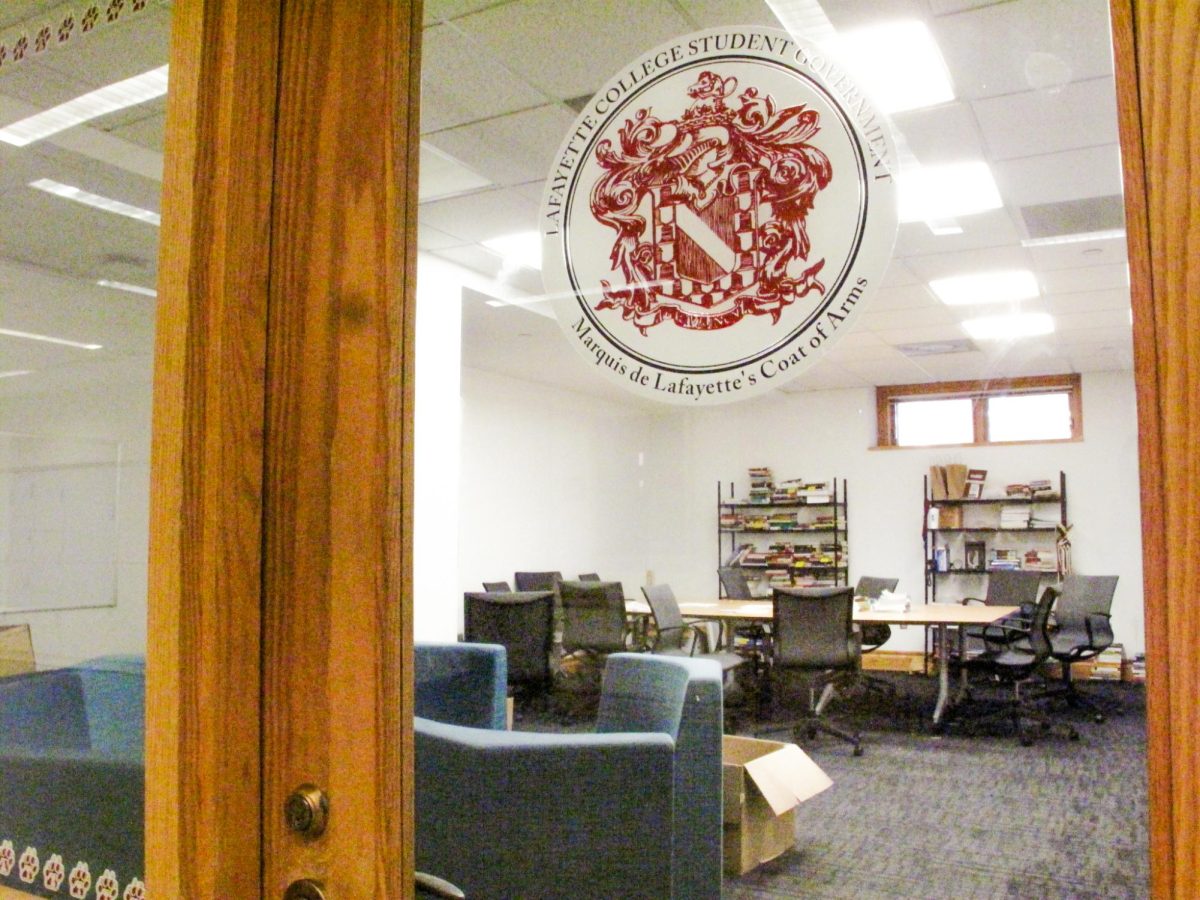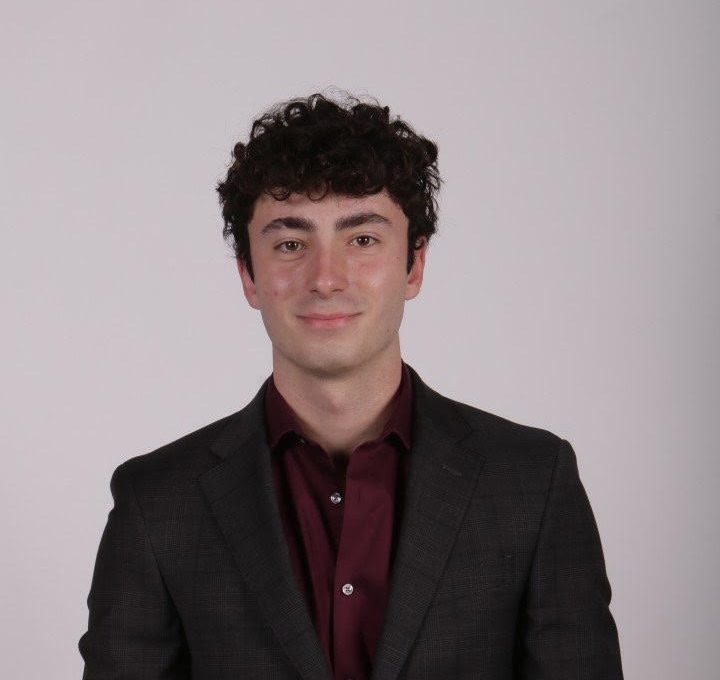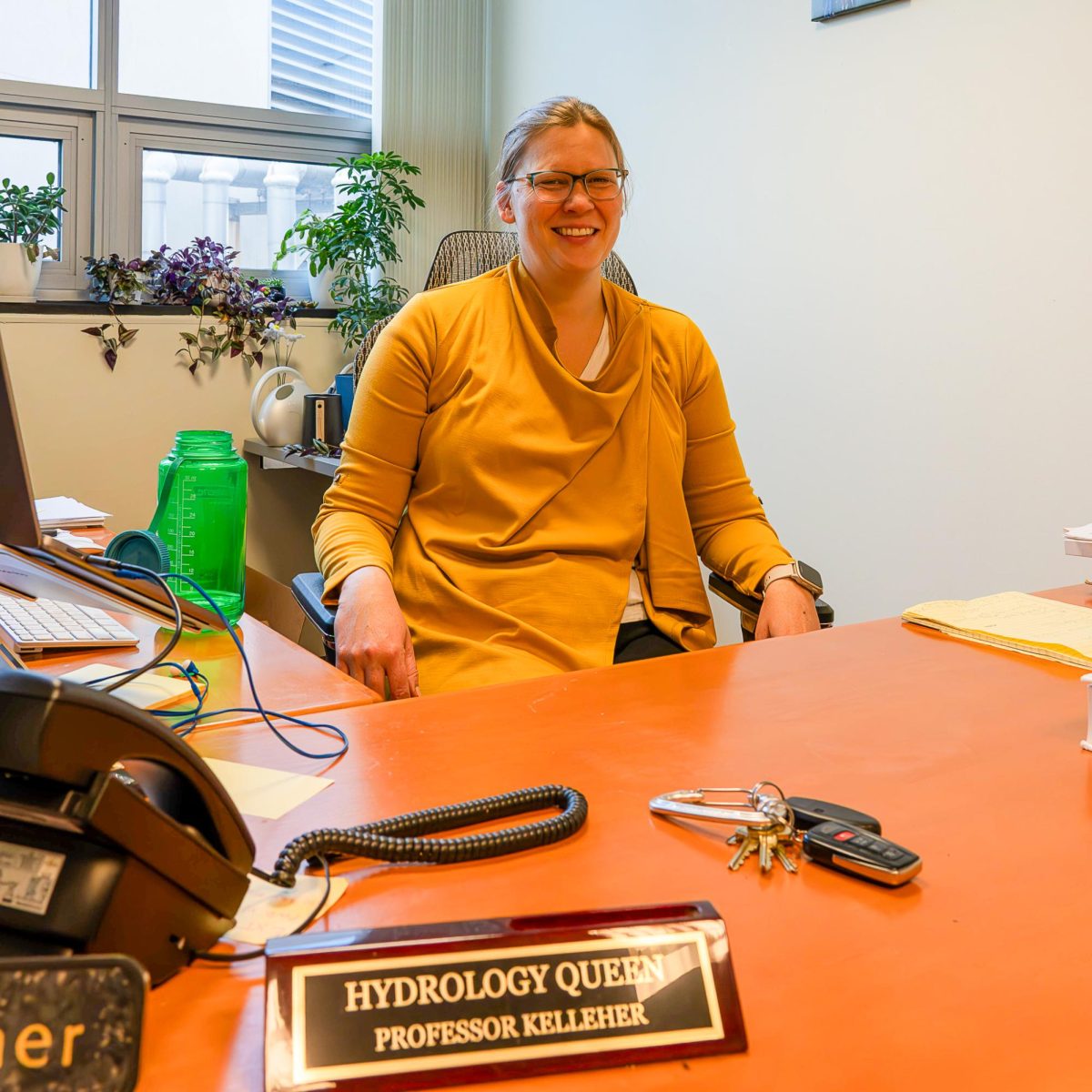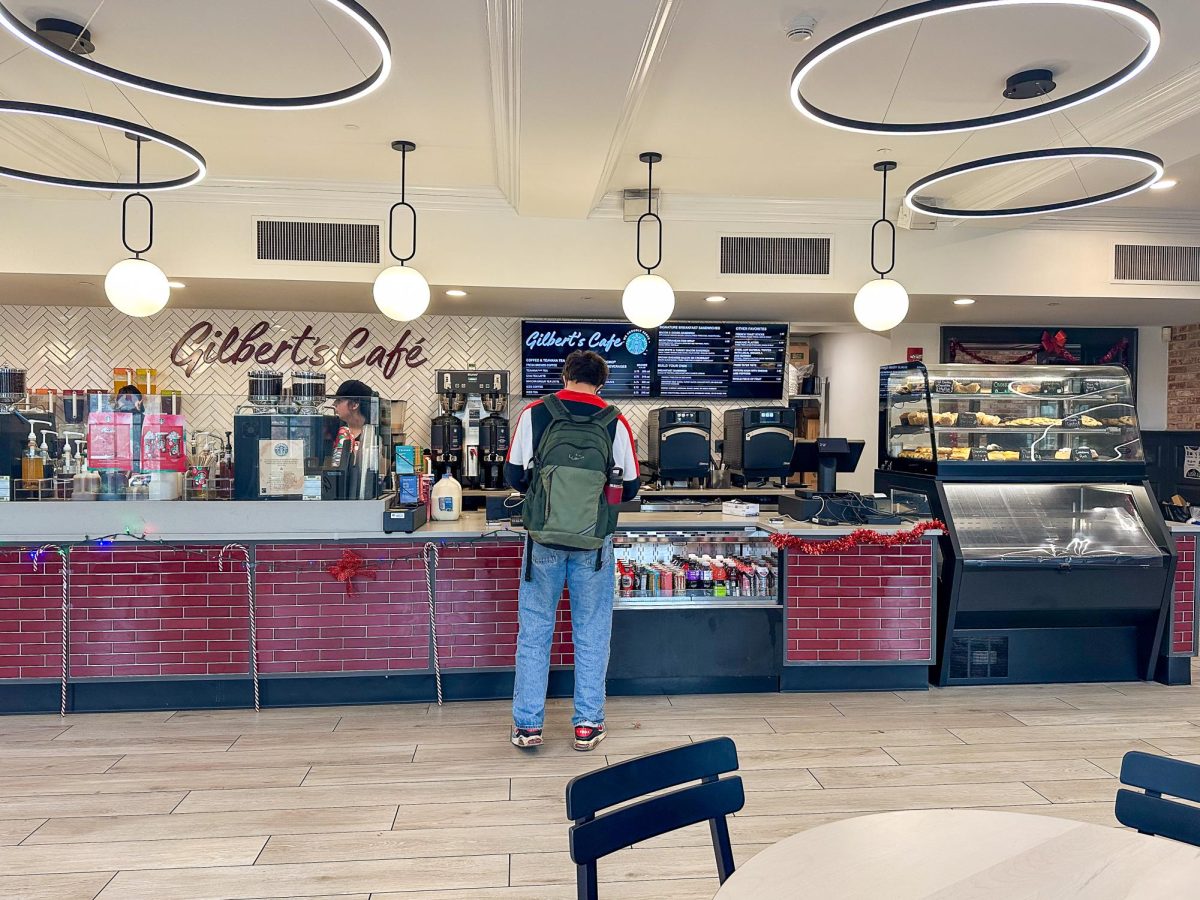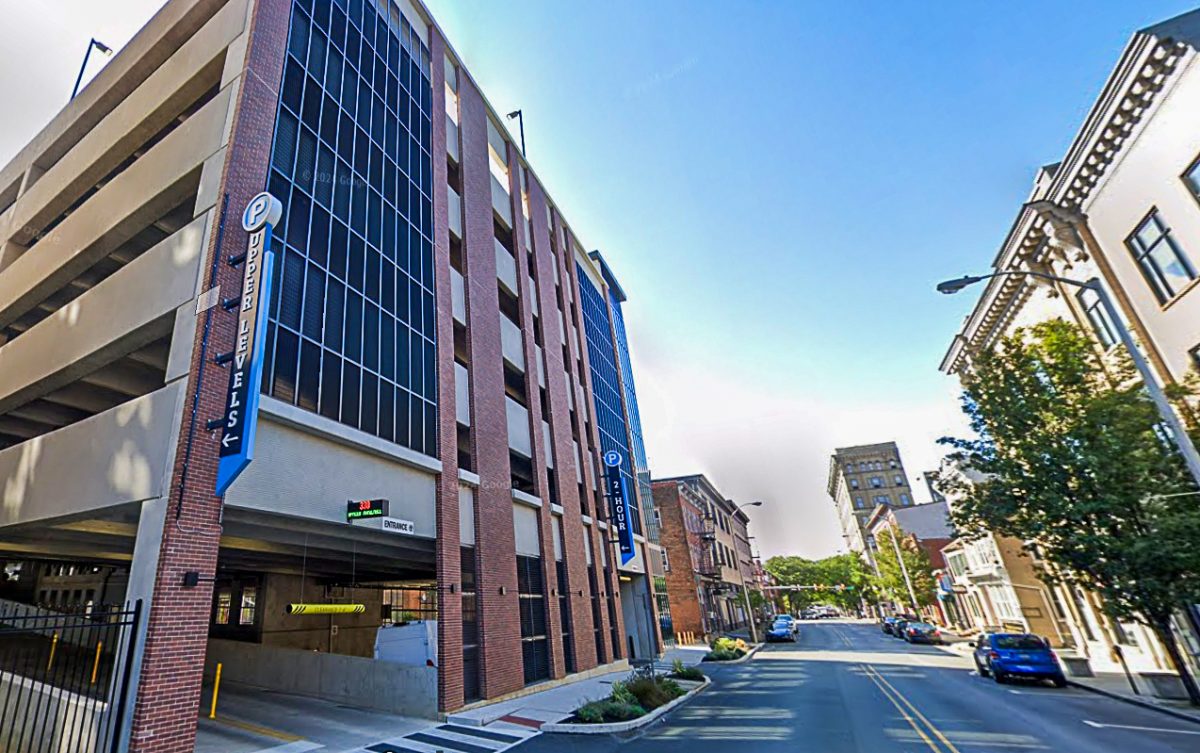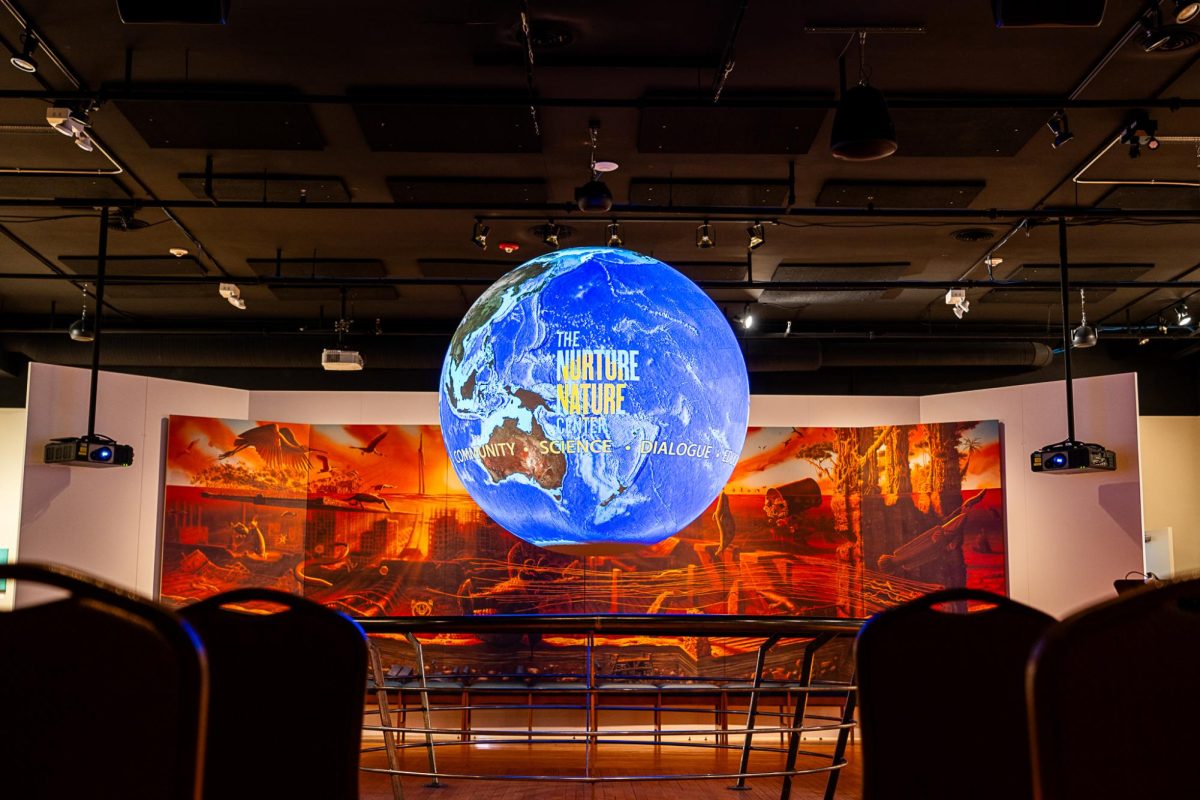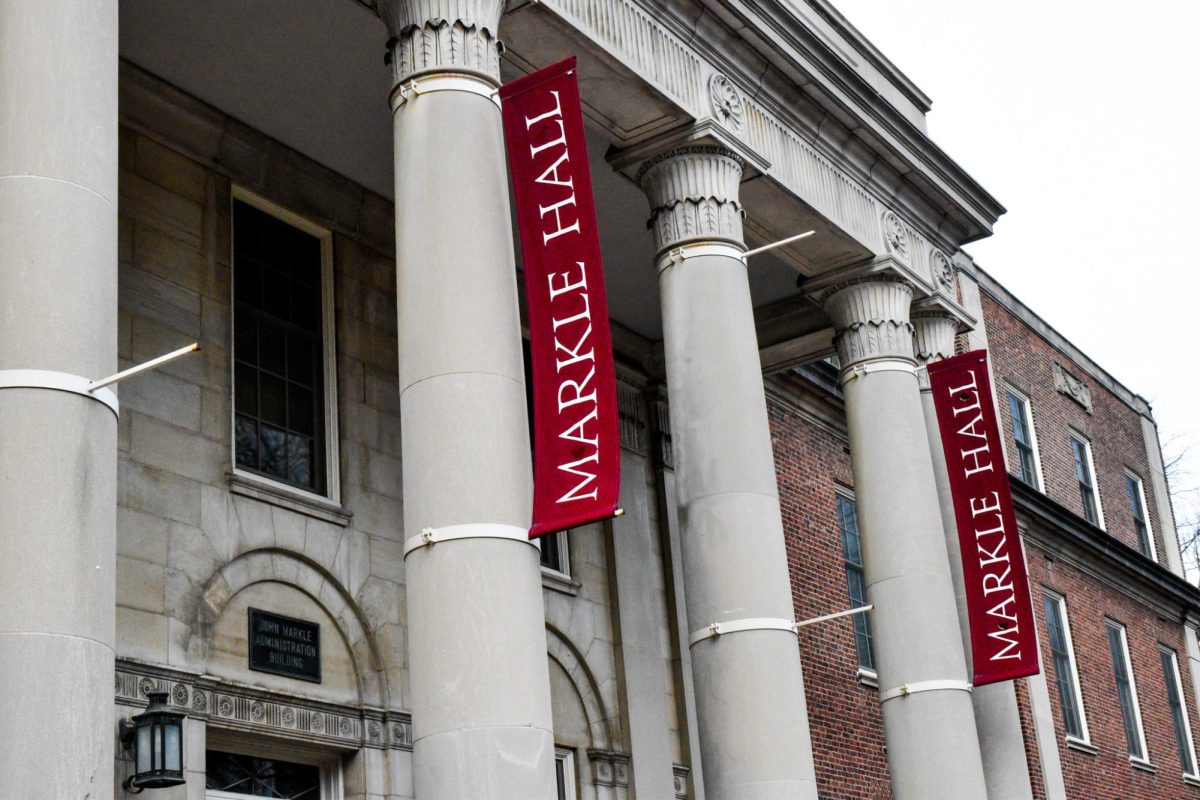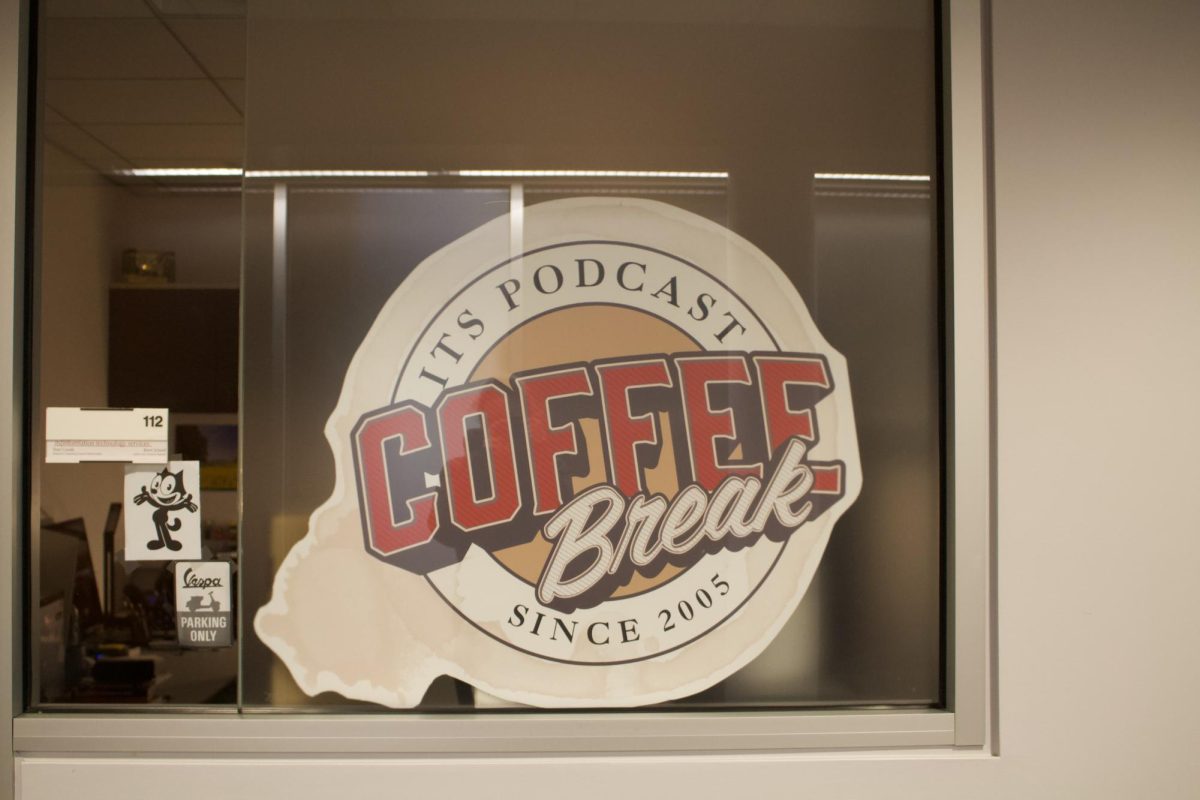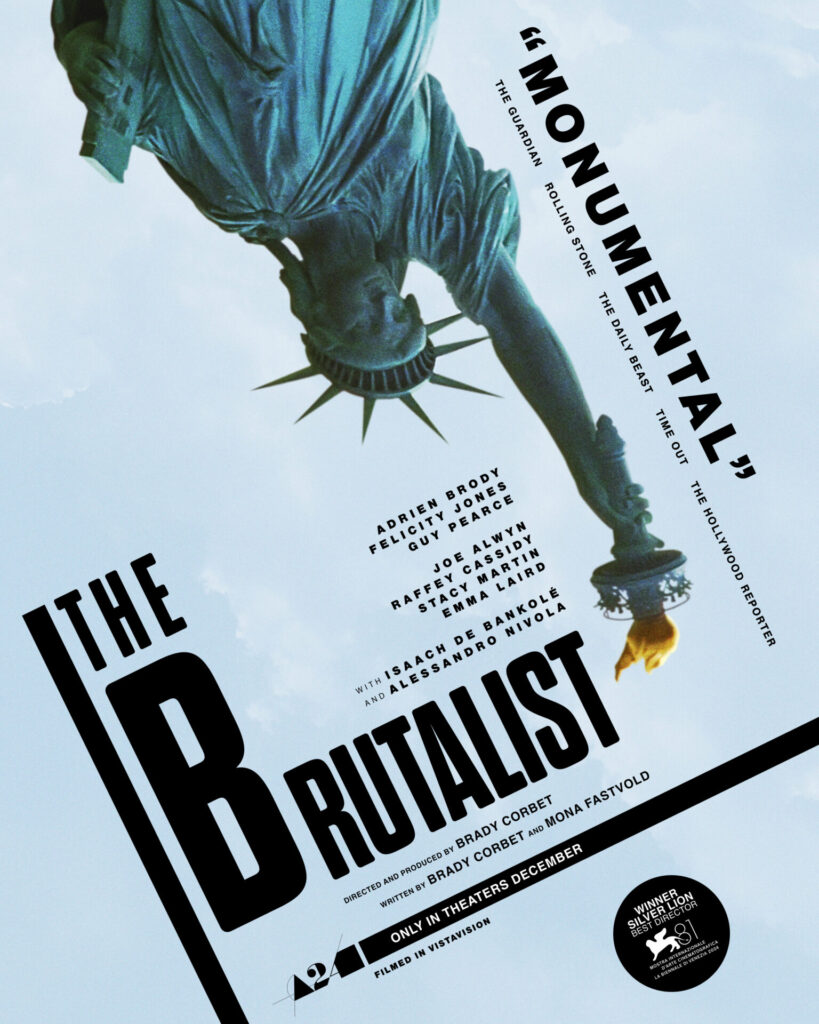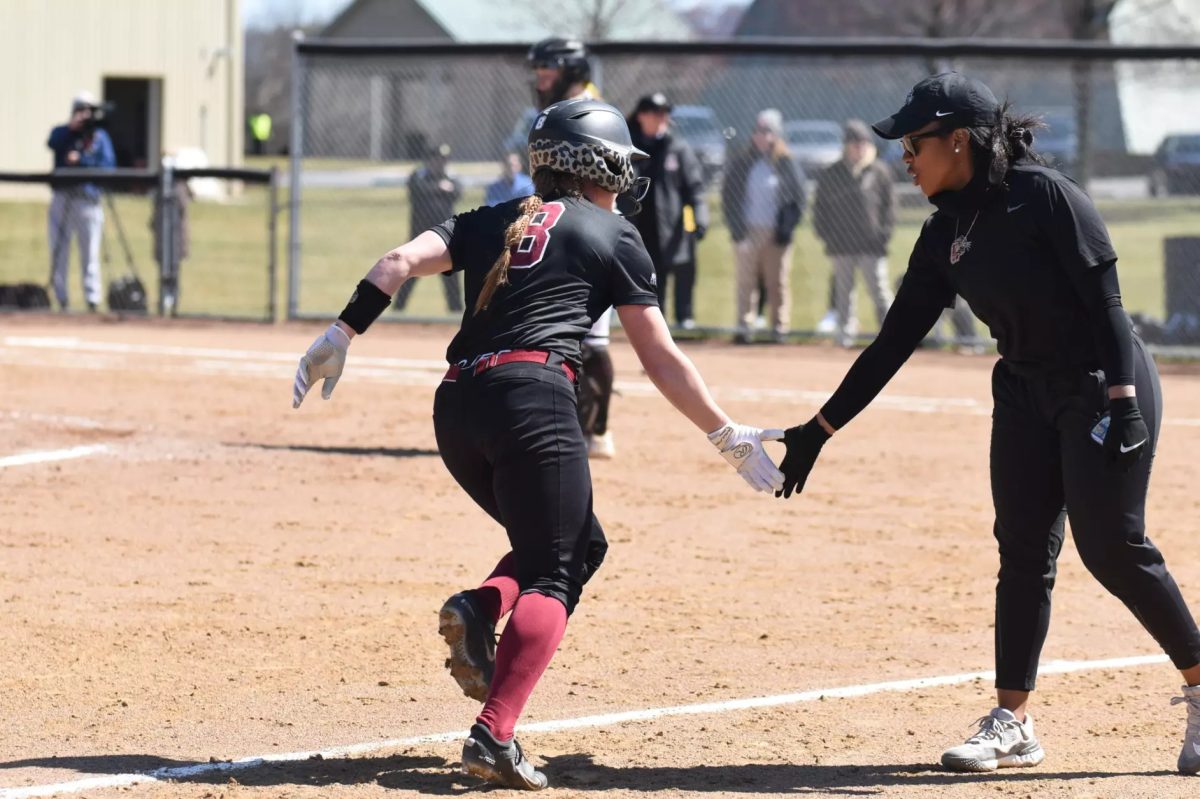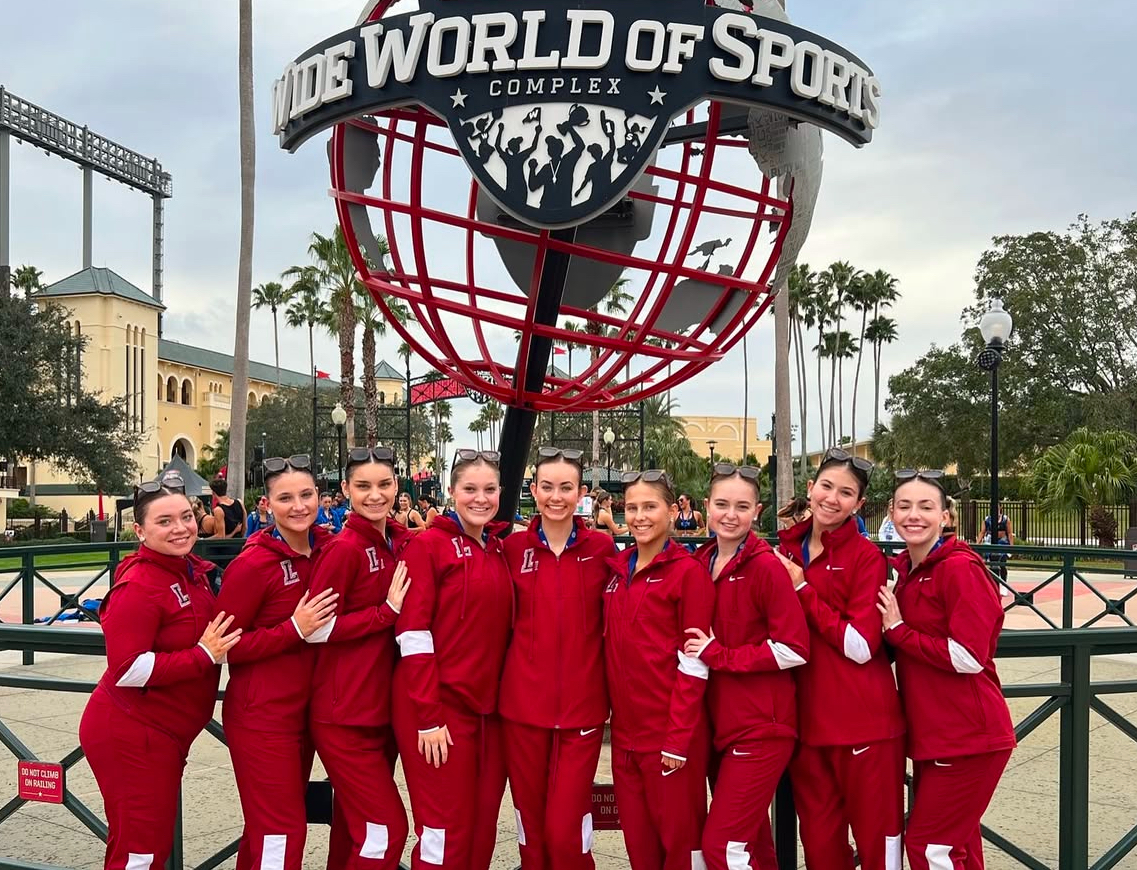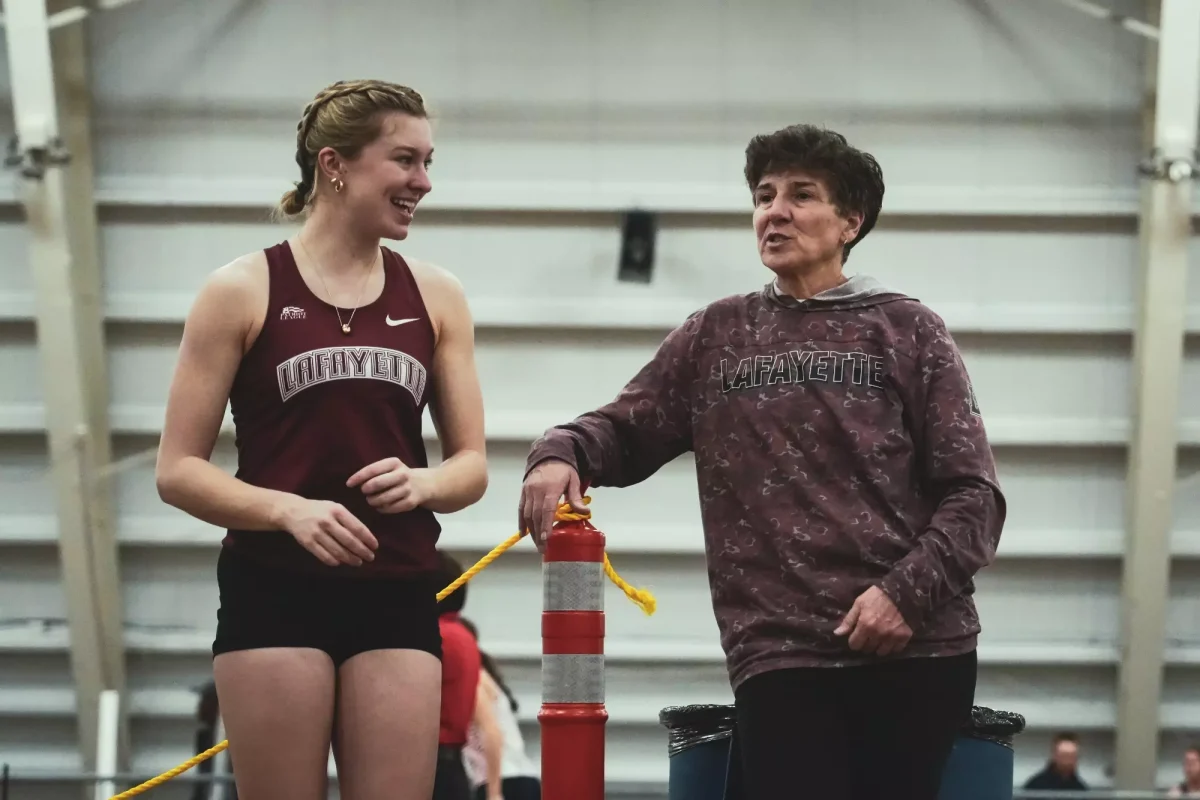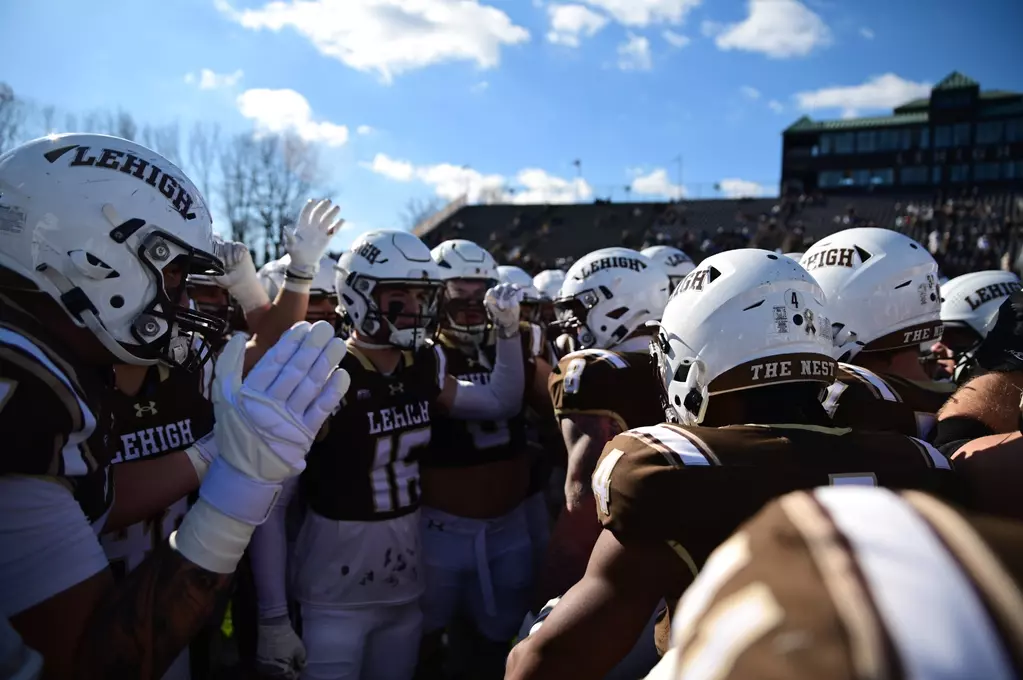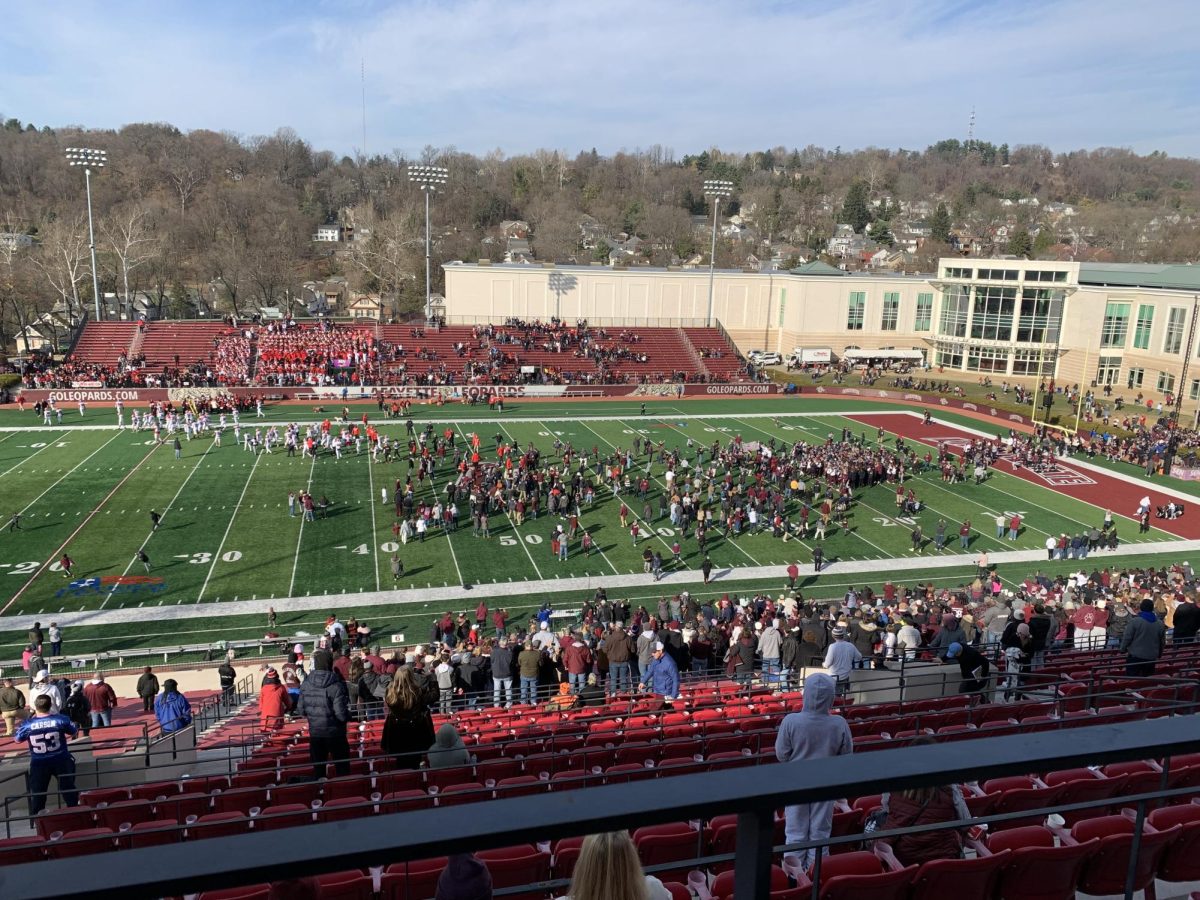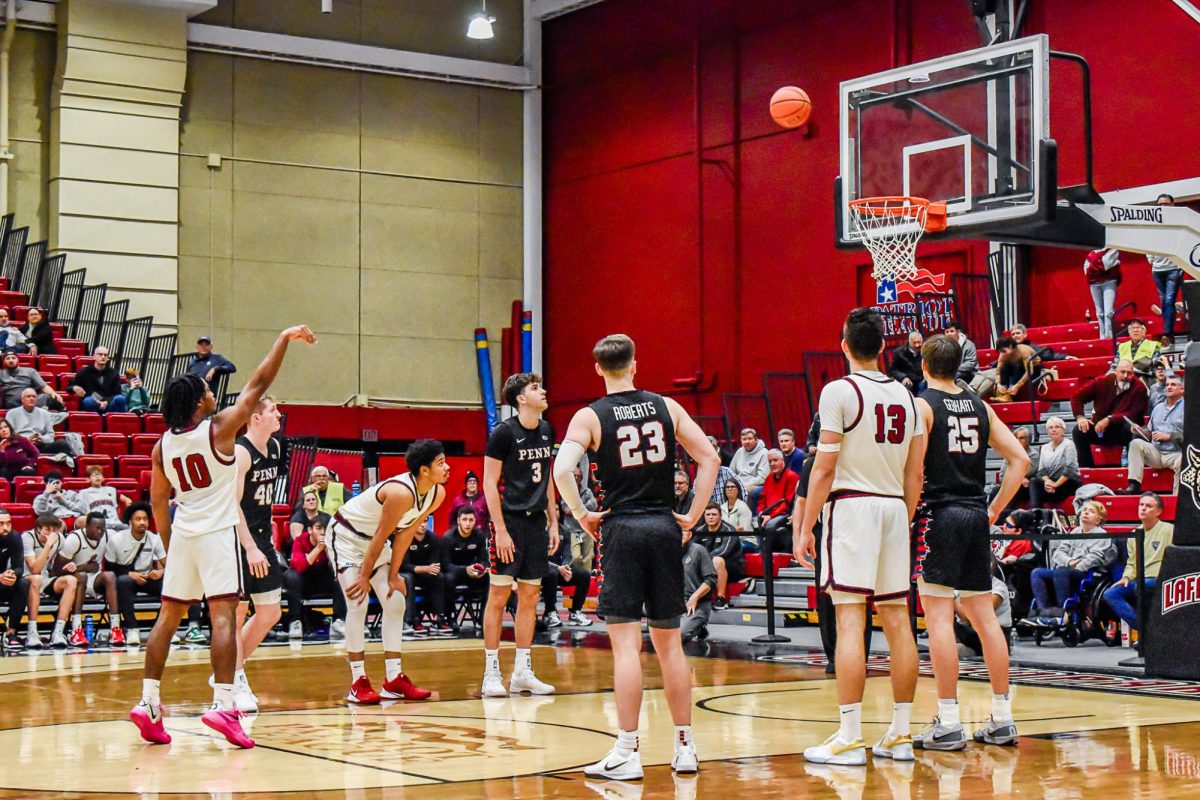Offers insights into perceptions of the US in Central Asia
Zachary Cleary ’10 graduated from Lafayette with degrees in mechanical engineering, international studies and Russian. He found a way to combine all of his interest building lakes in Central Asia.
Cleary returned to Lafayette this week to discuss his time in Kyrgyzstan and Kazakhstan. His presentation focused on the perceptions and misconceptions of the two countries.
“It is a rare feat to have someone live and work at a unique project in post-Soviet Central Asia and communicate his observations clearly and in a well-organized manner,” Russian and Eastern European Studies Chair Katalin Fabian said.
Cleary’s engineering education partnered with global studies gave him an advantage in his work helping build lakes in Kazakhstan.
“[The dual degree program] is an excellent educational opportunity that I wish more engineers could be aware of and benefit from,” Fabian said. “Many engineering firms have a global clientele and they are keen on hiring employees who can successfully navigate different cultural environments.”
Professor Benjamin Cohen feels similarly about the benefits of crossing engineering curriculum with the humanities.
“All the best engineering has always been a product of meeting with humanities,” Cohen said. “The railroads were built by engineers, sure, but they were more fully built by cultural goals of expansion, demands for mobility, manifest destiny, and more.”
While staying in Almaty, Kazakhstan, Cleary worked on the Buguty Wild Forest Project as the only American. As a 6′ 3″, 280 pound bald man, Cleary felt he was both welcomed and treated as a novelty during his time spent in Central Asia. However, he noticed a general distrust of America and American government by the people of Kyrgyzstan and Kazakhstan.
There was a general sentiment among those he met that the American government treated its people poorly. Cleary noted specific commonly held ideas in Kazakhstan of the US government’s, such as that Edward Snowden was mistreated and that terrorist attacks of 9/11 were an inside job.
The main issue Cleary sees with the perceptions that Americans have of Central Asia, and those that Central Asians have of Americans is ignorance.
“Americans know very little of them, they know very little of us,” Cleary said.
However this lack of knowledge does not stop strong opinions and fear from forming. Cleary referred to this issue as “misconception fed by ignorance.”
“The perception of the USA abroad is that it is a dangerous and Islamophobic place,” Fabian said. “By learning about the diverse geography, the rich cultural history of both home and abroad one can dramatically reduce and alter such preconceptions.”

